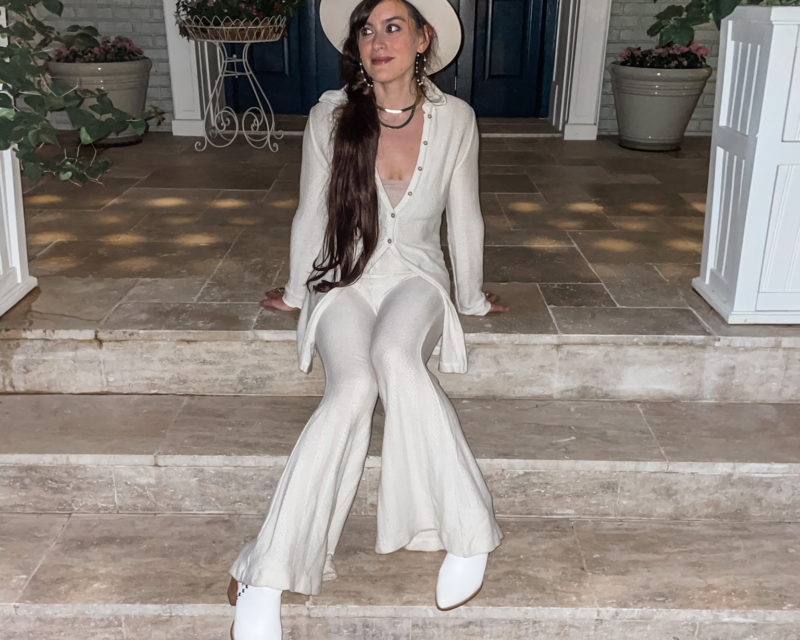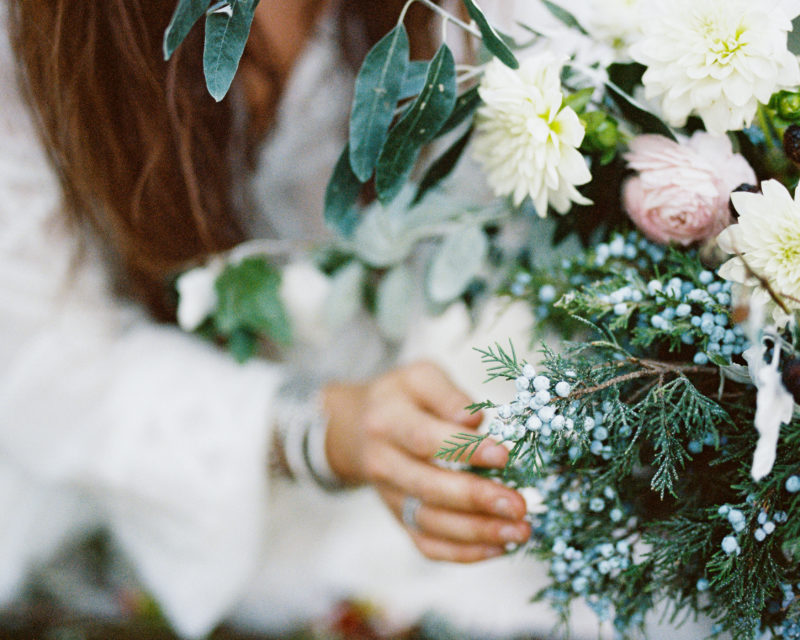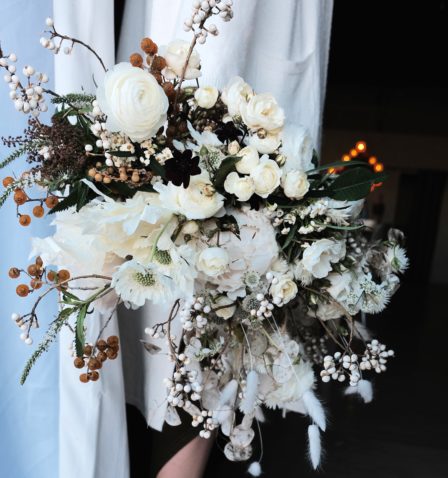

If I could fill my studio with white flowers every day, I would. I love that effect—when you walk into a room full of white flowers. White flowers carry so many associations of innocence and joy– the feeling of church bells and angel choirs; first snows and lit candles; of winter days with only happiness on the agenda. Lily of the valley is my signature flower, my flower of flowers. There is stephanotis, also—a flower that smells like (distinctly) white chocolate. It’s the flower that will always belong, in my mind, to my mom. The sweetest flower in her bridal bouquet, which she preserved, and which I admired as a girl.
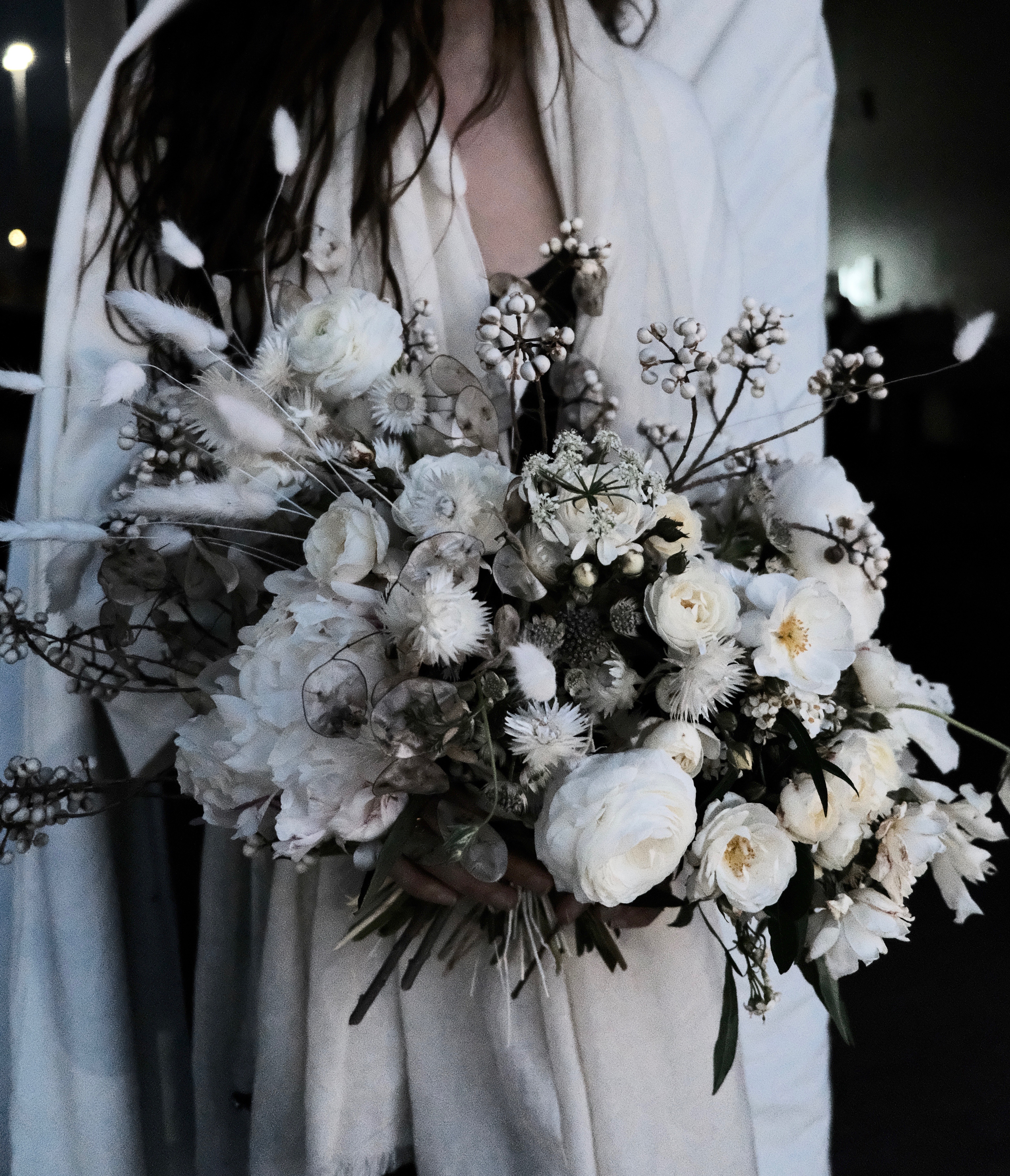
White reminds me of childhood—of all those days spent figure skating. It’s a nostalgic color: a sheet of ice and a pair of skates. A winter morning with music, and hours to interpret it however I please.
I gravitate to the color, of course, because of its associations of renewal, redemption, rebirth. I like the feeling of a fresh start. White reminds me of salvation, of eternal hope. It reminds me that there are things that are unjaded, untarnished by this broken world. I would like my whole world to be clean and whole, pure and perfect, in this way. I hate to confront more shadowy subjects. I’m all about idyllic.
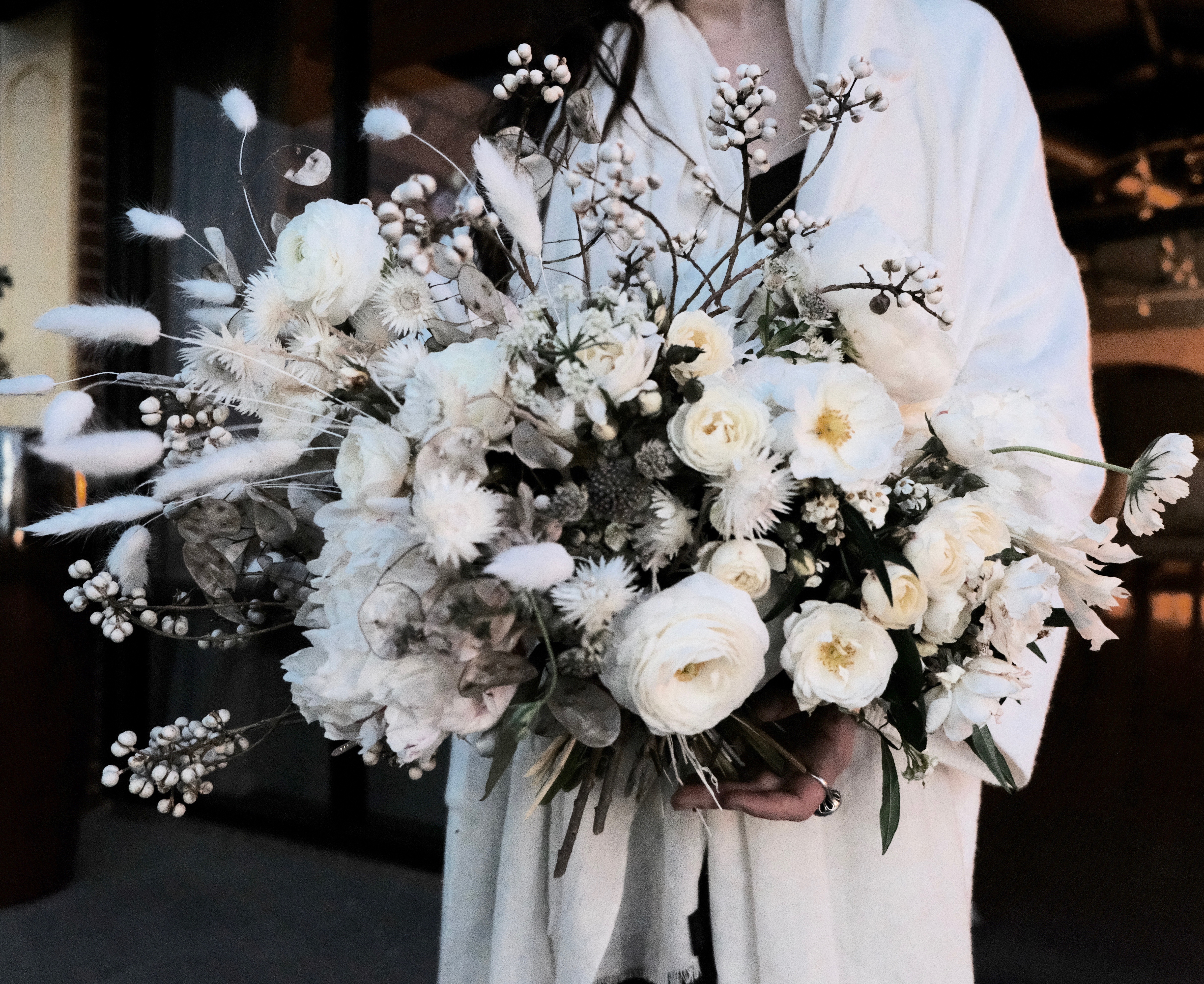
So I surround myself with perfect, safe, white flowers, and sometimes wonder when I will be brave enough to write or speak something real.
Maybe it is because I am broken, anxious, flawed, and sometimes cynical, that I cling so desperately to beauty, in my work and life. That I draw near to the pure white things. I believe that my eternity is this pure. But my reality, my day-to-day… of course it isn’t.
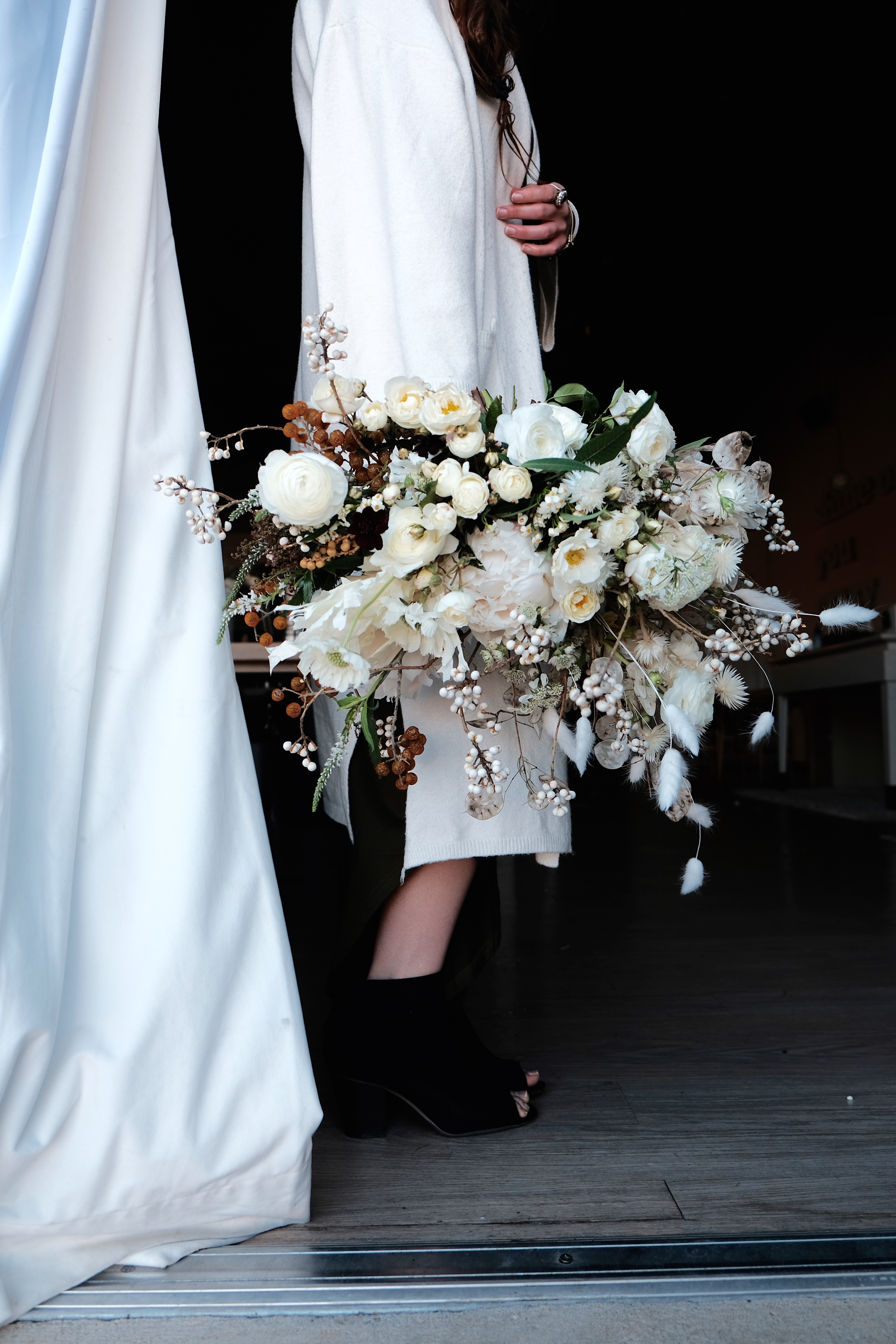
For a story to touch anyone, it has to have (and ultimately transcend) conflict. Of course, I am riddled with it. With anxiety, fear, brokenness, and pain. I am just now coming to actually appreciate these things— the brokenness in me that needs the healing presence of Christ. I can even, at this point, appreciate the experience of chronic anxiety, which has set me on the long, painful, and ultimately liberating path of learning to trust in God. I wish I could visit myself in every past anxious moment, and speak the words—let go my soul, and trust in Him. But this was my soul’s mission to learn, the very hard way, through tears, anxious prayers, debilitating fear, and ultimately a deliberate decision to relax into a Presence and a purpose not my own. If I have any present peace, it is because some part of me knows that He Himself is my peace (Eph. 2:14)—and I can do nothing to control or destroy it.

I can definitely, at this place in my life, look with love on the years I spent starving (literally) for approval and belonging. I wish I could enfold the 13- year- old girl in my arms, tell her she was beautiful. I wish I could say a word that would set her on a healthier path, and spare her the endless hours of self-hate and self-starvation, the rehab trips, the acute, unspoken, internal pain that was worse than any physical hunger. I wish I could tell her to love her body for its strength, grace, and health, that she didn’t need to lose sleep nearly every night of her life dreading the next morning’s run, the endless hours of training, and days of eating nothing, looking forward to nothing. I wish I could visit her again at 23, 24, and assure her that she didn’t have to keep the starving act up, just to remain consistent with some image; she really could roll the burden over to God. But then who would I be, without that story, without living that pain day in and day out? It wouldn’t be my story. The soul wouldn’t be uniquely broken and healed as mine is.
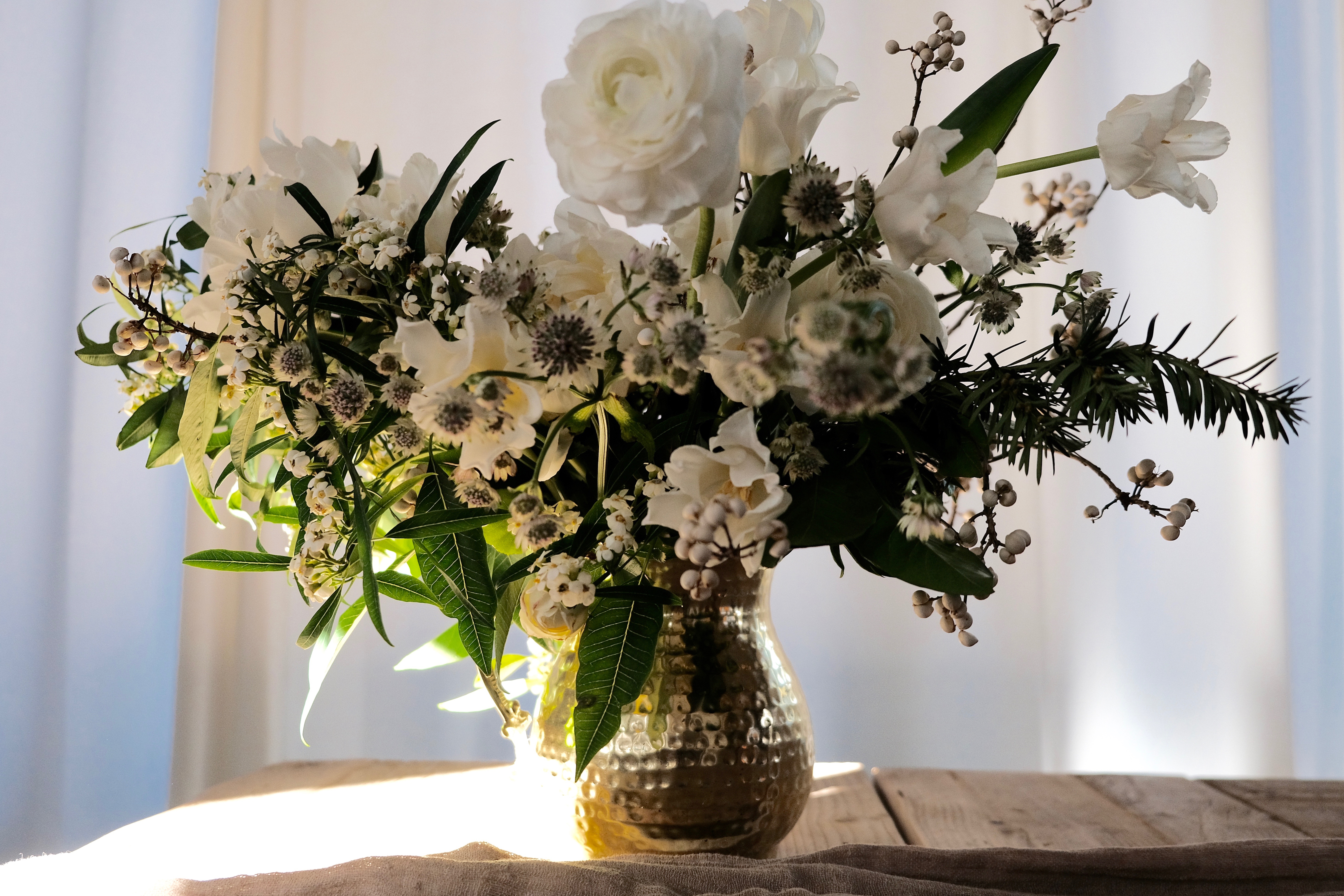
I wish I could break the idols of perfectionism and performance, the expectations that have debilitated me in every arena of life—academic, athletic, professional. I wish I could tell my younger self that life isn’t performance, and I don’t need to perform for belonging. I wish I could convey that success isn’t measurable, empirical, proven—it is not reflected in hours spent training, perfecting, whittling my body; it isn’t reflected in flawless grades and performances; it isn’t in being the perfect wrist corsage for a guy. Success is more esoteric, spiritual, and less capable of being captured and measured. Success—or better yet, meaning– is found in the extent to which I am willing to give and yield to God and others. It’s counterintuitive: it isn’t about perfecting the self, but dying to it. Dying into relationship, into givenness, sacrifice, generosity, and prayer. It’s authentically experiencing pain and healing at the hands of Christ—and then giving that brokenness and healing away, as a gift to others who need our stories. All these years I have thought that I am the answer. That if I can just become thin enough, beautiful, charming, witty, successful enough, I’ll be at peace. Pursuing these things, I am never more distressed and torn from the presence of peace.

I am coming to forgive myself for allowing people into my life who did not have my best interest, who did not love me. And I am coming to forgive myself for not embodying perfect love to them.
Harder still is to look at my present self with grace. I wish I could every day have peace when I fail to produce the best work I am capable of producing. When I succumb to anxiety and fears and believe that God will leave me. When I fail to trust that my life has a meaning and a purpose and a reason. When I forget to marvel at the fact that I get to live healthy and functional, and I cut my body down with hideous words and comparisons. When I cry over not belonging, over feeling lonely, while others appear to have each other. When I find myself missing anorexia. When the darkness and pain feels like the defining fact of my existence, and I forget that Light always prevails.
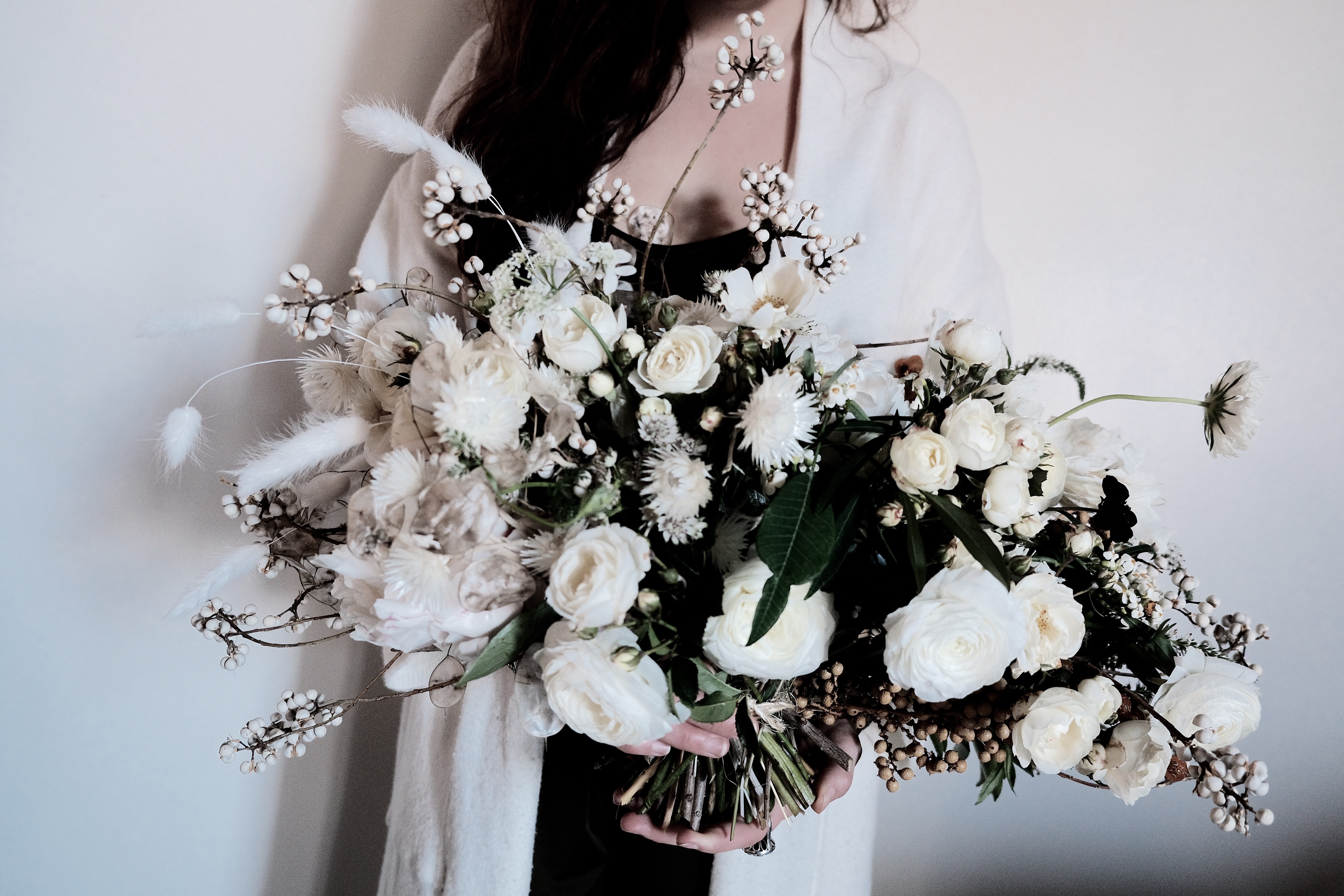
I am coming to the place of caring for any pain and sadness, which has ultimately made me a richer, more interesting person—a person capable of empathy and relating to others’ pain. I am beginning to accept the brokenness which needs Christ’s healing touch; for this is part of my calling, to share in the suffering of the Savior. I am coming to realize that suffering, when resisted, only produces more suffering—but when we yield and walk through it with grace, we come to know matchless light. I’m beginning to look at younger mistakes with grace—knowing that my strength of spirit is the direct product of having had my spirit broken.
I love the parables I learn through growing and tending flowers. When I grow flowers, they are often torn, bruised, and come from the earth with dirt clinging to their petals. And I love them. For me, they are charged with presence and realness. They move me, not in spite but because of their imperfections. They mean more, because they have a story; I have grown them and known them, in some way. Comparatively speaking, the boxes of flowers I ship in, predictable, uniform bunches wrapped in cellophane, feel boring, synthetic. Their perfection fails to move and romance the heart. I don’t often keep them in my home, or arrange them for pleasure, as I do with flowers I have grown and foraged—imperfect, fleeting, fading as they are. The pathos of broken things, earthly things, that are, nevertheless, the creation of heavenly hands.
My life is no different. I need not be afraid of my own brokenness; it makes me real, dynamic. Only when I am willing to be broken—and admit that I am broken—can I be of any use to God and others. The façade of perfectionism isolates other people, and it isolates the person who maintains it.
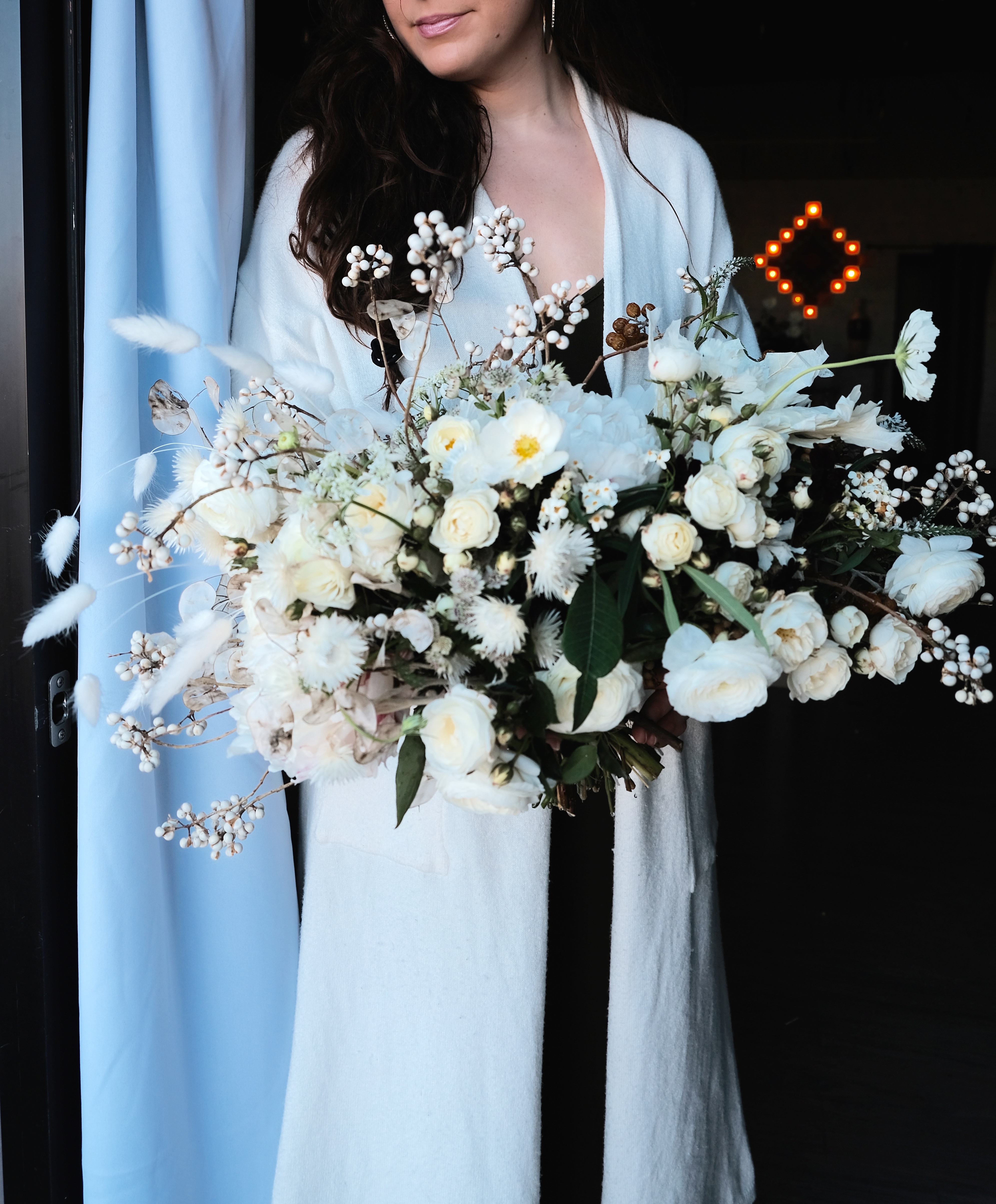
I still love pure and perfect, wondrous things. Things like white flowers and moments of unworldly beauty. I believe in the magic of every wedding I create for—a girlish belief that exists alongside of my understanding of what love and life shared really entails. I really still believe that miracles and gorgeous things will happen to me, and I wait for them all the time. I won’t give up on the miracles I most want—great love, high purpose, and dreams I’ve had forever. I want these things with all my heart, and I’m coming to believe they can come to me, broken as I am. I still believe in a perfect homecoming and the actual presence of God and angels. And I know that life will be painful and flawed as long as I have my being here, but that will give me greater cause for rejoicing.
To this day, I love a white bouquet more than any other. I love when a bride chooses to carry something this pure, full of promise. I think it’s a kind of refusal to give up hope, a decision to believe in miracles, in spite of all we have lived through, and the sadness that threatens our peace each day. I love when someone persists in wonder and hope, which is so much more difficult than cynicism. When things are allowed to be beautiful, fragile, and as pure as we want them to be—it’s amazing.
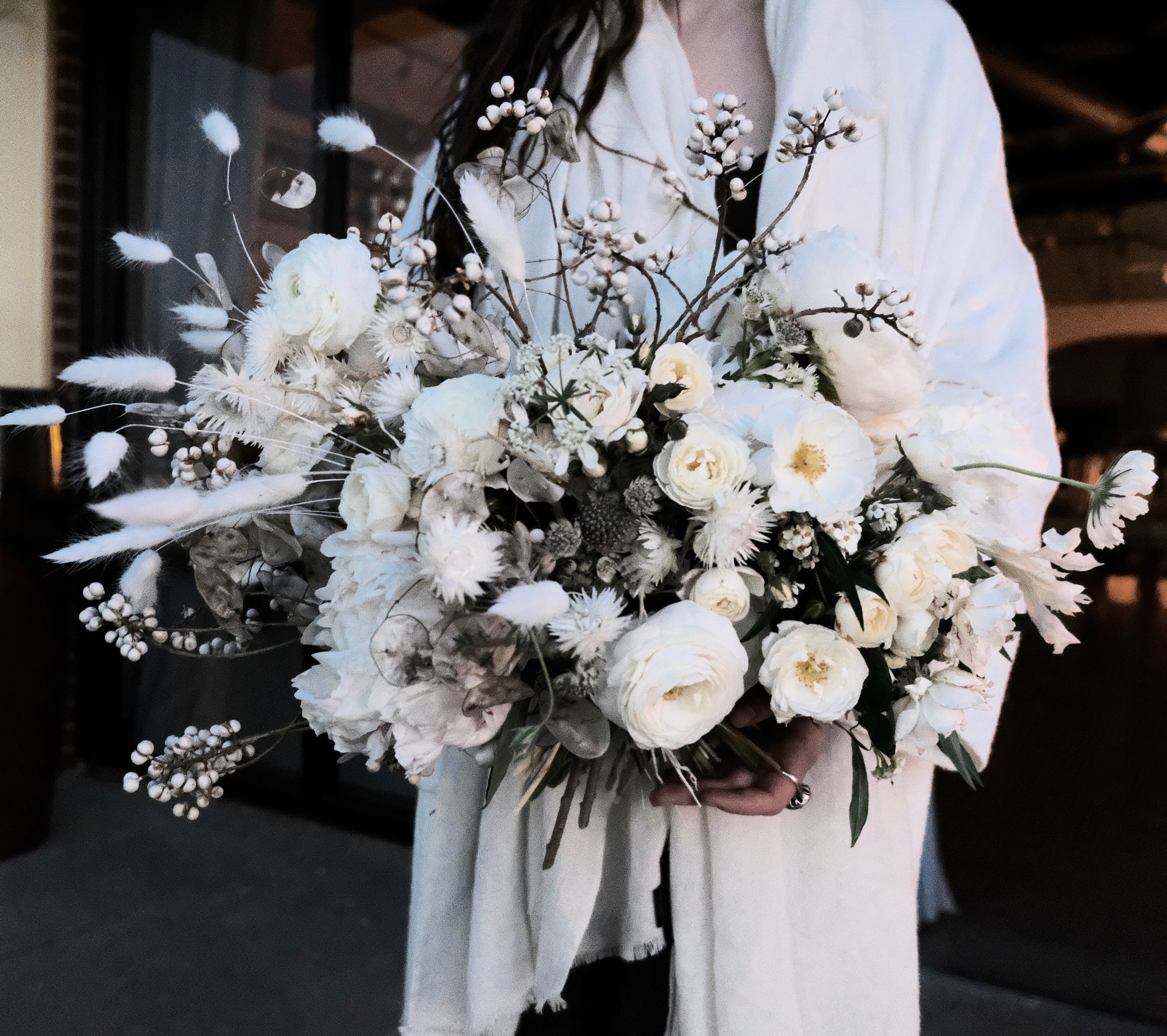
So I cling to hope and I acknowledge brokenness. Both things are my birthright, my calling to experience (1 Peter 4:13). And I surround myself with flowers, some of them pure white, some of them seemingly flawed, and I call them beautiful. Everything—everything– is in divine order.


